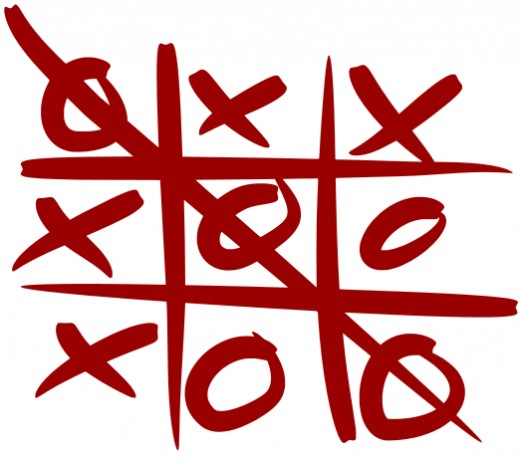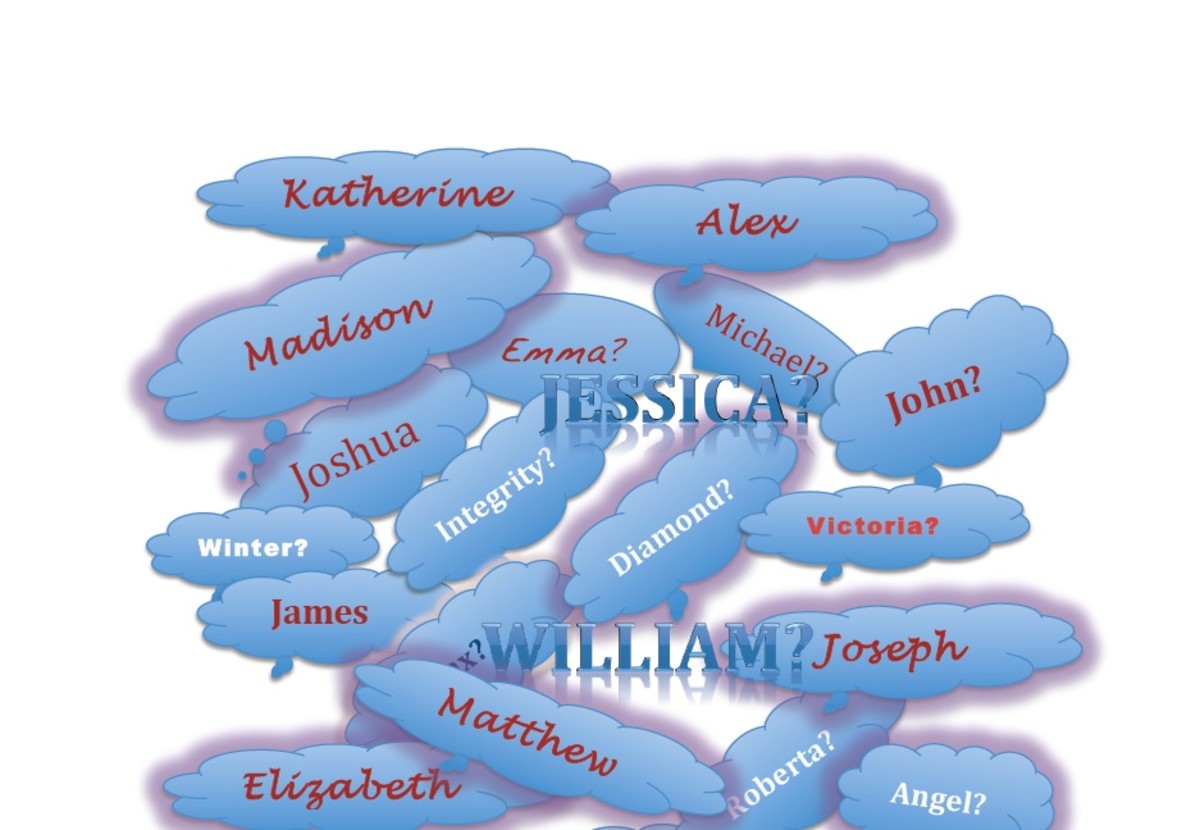Love Potion Number Nine: Psychology & Marketing

Sale! Myth and Superstition, Only $9.99!
What is the mysterious power of the number nine? Ancient myth and superstition surface in the oddest of ways: by making us buy more stuff!
I'm sure you've noticed this hoary marketing ploy: stores use prices like $9.99 to fool your brain into thinking you're paying $9 instead of $10. You'd think we wouldn't be duped by such a transparent trick. But apparently the marketing power of 9 goes beyond simply putting a slimming girdle on a higher price to make it look svelte.
A few studies have shown that the number 9 is attractive to consumers all by itself, not just for its price-camouflage properties. In one experiment, a price markup from $34 to $39 triggered a 25% increase in sales, whereas a markup from $34 to $44 resulted in no change in sales. That can't simply be because $39 is a cheaper price than $44. If it were all about price, sales should've gone down after the markup in either case. Apparently, people are attracted to the number nine! What's going on here?
The Shape of Numbers
Forget your "favorite number" for a moment -- that's a whole other complex issue. Which of these SHAPES is the most visually appealing?
The Psychology of Making Arbitrary Decisions
Psychology gives us one answer. Purchases are always based partly on irrational desires: we have to choose colors and styles, after all, which are basically insignificant choices. Our psychology helps us sift and pick through options when there's no compelling, logical reason to choose one over the other (pepperoni or meatballs? blue or green? Aisle or window seat?).
Without the input of our irrational, unconscious wants and desires, we would never be able to make countless everyday decisions. We would be constantly paralyzed like a robot unable to choose between boxers and briefs. However, our "decision-making assistant" is also our downfall: we are psychologically primed to respond to small and logically irrelevant signals to help us make up our minds.
In fact, the word psychological is itself an oxymoron.
Which still doesn't entirely explain why NINE is so loved. It it simply that it has an attractive visual shape? Or is there some sort of Jungian archetype banging around in our unconscious, convincing us that nine is special?
The Number Nine in Mythology
Jung believed psychology and mythology were connected, and so do I: mythology is, simply, the stories that "ring true" for a large body of people, due to tripping the parts of our psychology that tend to run along similar lines. Many people find the trickster hero an appealing character, for example: a character they secretly wish they could be, or who disrupts the humdrum order of things. Tricksters appeal to our psychology. Trickster stories that resonate with the largest number of people psychologically are preserved and retold again and again as myths.
That's Jungian archetypes in a nutshell. Perhaps number nine works the same way.
I can think of three mythological reasons why we might be primed to think of nine as special. First, it's the typical length of pregnancy, that oh-so-fundamental process and symbol of bringing new life to bear. In many myths, events linked to life, death and rebirth often take place over nine days. Second, nine is three times three; although that does not explain why three, also, has such a strong hold on our collective unconscious. Third, in a base ten counting system, nine is the last number before the odometer flips and we have to start adding digits. In other words, it's the largest solitary, whole digit before the many gets broken into visible parts. Nine is symbolically a boundary, like the edge of the sky, beyond which one cannot go without extra aid.
World mythology is rife with nines:
- Greek myth has Nine Muses, goddesses of creativity
- Norse myth's Odin the Allfather-god hangs himself on the World Tree for nine days, a symbolic death and rebirth, in order to gain extraordinary wisdom
- The Egyptian pantheon of Heliopolis (one of several rival religious centers in the long span of Egyptian history) was called the "pesedjet," an ennead of nine gods ruled the universe
- In pre-modern China, Nine Dragons were an important imperial symbol
- In Hindu tradition, there are several Navaratri ("nine day") festivals, and the ferocious mother goddess Durga has nine forms
- In Aztec beliefs, the dead had to live "nine lives" in darkness before reaching a resting place in their version of heaven (there was a short cut for warriors)
- In Tarot, cards marked with nine represent a solitary individual (see what I said about the last whole number) getting a wish, achieving personal fulfillment, making a solitary defense from a well-fortified position, or, in the case of swords, waking from a nightmare, a wish gone wrong. Abundance combined with solitude and self-reliance are the theme.
Nine in Modern Superstition and Pop Culture
I still don't entirely understand why nine tends to resonate in those ways in our unconscious, but look at some of these modern expressions, the watered-down versions of myths, which seem to reflect the same ideas as some of the myths above:
- Dressed to the nines
- Cloud nine
- "Love Potion Number Nine"
- A stitch in time saves nine
- Cats have nine lives
- Cat o' nine tails is a tool of torture (life and death)
- Nine innings in baseball (notice how the psychology of the game changes when we have to "go into the tenth")
- "Tonight we're gonna party like it's 1999"
- "867-5309," 90210
- Nine times out of ten...
- The nine planets -- OOPS, it's eight! No wonder everyone threw such a fuss when poor Pluto was demoted. We want nine!
So the next time you see a 9 on a price tag, think about how this number has a long and potent mythological pedigree, and don't feel guilty if you succumb to the irrational power of nine.
P.S. Guestbook commenters: can you think of any other common expressions or sayings with the number nine?






